How to fix a Wi-Fi router that keeps dropping signal? If you are experiencing a problem with your Wi-Fi router where the signal keeps dropping, you are not alone. It is a common issue that can be frustrating to deal with. However, there are several things you can do to fix the problem and improve your Wi-Fi signal.
Why Your Wi-Fi Router Keeps Dropping Signal
Before we dive into the steps to fix the issue, it is important to understand why your Wi-Fi router keeps dropping the signal. There can be several reasons for this, including:
- Interference from other wireless devices or networks
- Router placement and distance from devices
- Outdated firmware or software on the router
- Overcrowded network with too many devices
- Compatibility issues with devices
Step 1: Check Your Router Placement
One of the most common reasons for a Wi-Fi router to drop its signal is poor placement. If your router is located in a corner or behind furniture, it may not be able to transmit its signal efficiently. To fix this issue, check your router placement and move it to a more central location in your home. Ideally, your router should be placed on an elevated surface, such as a shelf or table.
Another thing to consider when checking your router placement is whether there are any obstructions between the router and the devices that need to connect to it. Thick walls, metal objects, and other electronics can all interfere with Wi-Fi signals. Try moving any obstructions out of the way or placing the router closer to areas where you typically use Wi-Fi-enabled devices.
Finally, make sure that your Wi-Fi router is not too close to other wireless devices like cordless phones or microwaves which can cause interference with their signals. If this continues then try restarting your device first before checking the frequency channel settings on your device as some channels might have better coverage than others depending on how many people in surrounding areas are using those specific channels at once.
Step 2: Check Your Router Settings
Your router’s settings can also impact the strength and stability of your Wi-Fi signal.
Here are a few things you can check:
Reset Your Router to Factory Settings – This can help to clear any configuration issues that may be causing the problem.
Update Your Router Firmware – Router manufacturers regularly release firmware updates that can improve the stability and performance of the router. Make sure your router’s firmware is up to date.
Change Your Router Channel – Your router may be operating on a crowded channel, causing interference with other networks. Changing the channel can help to reduce interference and improve the stability of your signal.
Step 3: Check Your Devices
The devices you are using to connect to your Wi-Fi network can also impact the stability of your signal.
Here are a few things to check:
Check Device Compatibility – Make sure your devices are compatible with your router and its settings.
Remove Unnecessary Devices from the Network – Too many devices connected to your network can cause congestion and lead to a weaker signal. Disconnect devices that are not currently in use.
Step 4: Check for Interference
Interference from other wireless devices or networks can also cause your Wi-Fi signal to drop. Here are a few things you can do:
Move Your Router Away from Interfering Devices – Other wireless devices like baby monitors or cordless phones can interfere with your Wi-Fi signal. Moving your router away from these devices can help to reduce interference.
Check for Neighboring Wi-Fi Networks – Neighboring Wi-Fi networks can also cause interference with your signal. Check for other networks in your area and change your router’s channel if necessary.
Step 5: Consider a Wi-Fi Extender or Mesh Network
One of the most common issues that people face when using Wi-Fi is a weak or unstable signal. This can be frustrating, especially if you rely on your internet connection for work or entertainment. Fortunately, there are several solutions to this problem, one of which is to consider a Wi-Fi extender or mesh network.
A Wi-Fi extender is a device that amplifies and extends the range of your existing router by repeating its signal. It works by receiving signals from your router and then rebroadcasting them to areas of your home where the reception might not be as strong. A mesh network, on the other hand, consists of multiple nodes that work together to blanket your entire home with strong Wi-Fi coverage.
Both options have their pros and cons, but they can both help solve issues with a weak or dropping signal. To decide which option is best for you, you should consider factors such as the size and layout of your home, the number of devices that need internet access at once, and how much you’re willing to spend. With either option, you’ll likely experience better overall Wi-Fi performance in every corner of your home.
Why do I keep losing internet connection on my phone
Have you ever been frustrated by your phone constantly losing internet connection? It’s a common problem that can happen to anyone, and there are several reasons why this might be happening. In this article, we’ll explore some of the most common causes of internet connectivity issues on mobile devices and provide solutions to help fix the problem.
One reason for losing internet connection on your phone could be due to poor signal strength. This can happen if you’re in an area with weak cellular coverage or if your device is too far away from the router. A simple solution is to move closer to the router or switch providers if necessary. Another possible cause could be due to software updates that may have disrupted network settings on your phone. Check for any available updates and make sure you have the latest version installed.
Sometimes, background apps running on your device could also affect internet connectivity.
Router loses internet connection daily
If you’re tired of your router losing its internet connection every day, you’re not alone. This is a common issue that many people face and can be incredibly frustrating. The good news is that there are several things you can try to fix the problem.
First, try resetting your router by unplugging it from the power source for 30 seconds and plugging it back in. This can often solve connectivity issues. If that doesn’t work, check to see if there are any firmware updates available for your router and install them if necessary. You may also want to consider changing the location of your router or upgrading to a newer model with better performance.
Another possible solution is to change your Wi-Fi channel, as interference from other devices on the same channel can cause connectivity issues. Additionally, make sure that all cables and connections are secure and properly set up.
WiFi Stays Connected But Internet Drops
One of the most frustrating things that can happen while using the internet is when your Wi-Fi stays connected, but the internet drops. This can happen for a variety of reasons and can be caused by issues with your network, router, or internet service provider (ISP). Here are some common reasons why your Wi-Fi stays connected but internet drops:
- Router issues: Your router could be experiencing issues that are causing the internet to drop. This could be due to a variety of reasons, such as outdated firmware or hardware issues. Check if there are any firmware updates available for your router and if there are, update it immediately. In some cases, you may need to replace your router entirely.
- Network congestion: If there are too many devices connected to your network, the internet speed can slow down, which can result in a dropped connection. To avoid this, limit the number of devices connected to your network and prioritize your internet usage.
- Interference: Wi-Fi signals can be disrupted by other electronic devices, such as cordless phones, microwaves, or even other Wi-Fi networks. Ensure that your router is not placed near any of these devices, and check if there are any other networks that might be interfering with your Wi-Fi signal.
- ISP issues: Sometimes, internet connection issues can be caused by problems with your ISP. Check if there are any outages or service disruptions in your area. You can also call your ISP’s customer service to check if there are any known issues with your connection.
- DNS issues: Domain Name System (DNS) is responsible for translating domain names into IP addresses. If there are any issues with your DNS settings, you may experience internet drops even if your Wi-Fi stays connected. Try changing your DNS settings to see if that solves the problem.
- Wi-Fi range issues: If you’re too far away from your router, the Wi-Fi signal strength can weaken, which can cause the internet to drop. To solve this issue, move closer to the router or try using a Wi-Fi range extender to boost the signal.
- Malware or viruses: Malware or viruses can affect your computer’s performance and disrupt your internet connection. Use a reputable antivirus software to scan your computer for any malware or viruses.
- ISP throttling: Some ISPs may throttle your internet speed if you’re using too much bandwidth. This can cause the internet to drop, even if your Wi-Fi stays connected. Check with your ISP to see if they are implementing any bandwidth limits or throttling.
Finally, Wi-Fi connection issues can be frustrating, but there are several things you can do to solve them. Check your router, network, and devices for issues, and make sure your Wi-Fi signal is not being disrupted by interference or range issues. If none of these solutions work, consider contacting your ISP for further assistance. With some troubleshooting, you can get back to enjoying a fast and stable internet connection.
Internet Connection Randomly Drops For a Few Seconds Wired
When you are working online, having a stable internet connection is essential. However, if you’re experiencing issues where your internet connection randomly drops for a few seconds when wired, it can be a frustrating problem to solve. Here are some possible reasons why this may be happening and some troubleshooting steps you can take to fix the issue:
- Router issues: Your router could be experiencing issues that are causing your internet to drop randomly. Make sure your router’s firmware is up to date, as outdated firmware can cause connectivity issues. You can check for firmware updates in your router’s settings menu. If your router is outdated, consider upgrading to a newer model.
- Network congestion: If you have multiple devices connected to your network, it can cause network congestion, which can lead to random internet drops. Limit the number of devices connected to your network and prioritize your internet usage.
- Cable issues: If you’re using a wired connection, ensure that the Ethernet cables are securely plugged into both your device and the router. Try swapping out the Ethernet cable with a new one to see if that solves the issue.
- DNS issues: DNS translates domain names into IP addresses, allowing you to access websites. If there are any issues with your DNS settings, it can cause connectivity issues. Try changing your DNS settings to a public DNS provider such as Google DNS or OpenDNS.
- Overheating: Your router or modem could be overheating, which can cause the internet to drop. Ensure that your router is in a well-ventilated area and not placed near any heat sources, such as a heater or oven. You can also try adding a fan or cooling pad to your router to prevent overheating.
- Malware or viruses: Malware or viruses can affect your computer’s performance and disrupt your internet connection. Use a reputable antivirus software to scan your computer for any malware or viruses.
- ISP issues: Sometimes, internet connection issues can be caused by problems with your ISP. Check if there are any outages or service disruptions in your area. You can also call your ISP’s customer service to check if there are any known issues with your connection.
- Bandwidth throttling: Some ISPs may throttle your internet speed if you’re using too much bandwidth. This can cause the internet to drop, even if you’re using a wired connection. Check with your ISP to see if they are implementing any bandwidth limits or throttling.
Finally, random internet drops when wired can be caused by a variety of issues, ranging from router or cable issues to malware or viruses. Troubleshoot the issue by checking your router and device settings, ensuring that cables are securely plugged in, checking for overheating, and scanning for malware or viruses. If none of these solutions work, consider contacting your ISP for further assistance. With some troubleshooting, you can get back to a stable and fast internet connection.
Final Thoughts
Finally, A Wi-Fi router dropping its signal can be a frustrating problem to deal with. Fortunately, many of these issues can be fixed relatively easily by performing some basic troubleshooting steps.
These steps include resetting the router, changing the placement of the router, avoiding interference from other devices and networks, regularly updating the router firmware, and ensuring that all cables are properly connected. With just a few simple steps, you can quickly fix any Wi-Fi connectivity problems you might be experiencing.
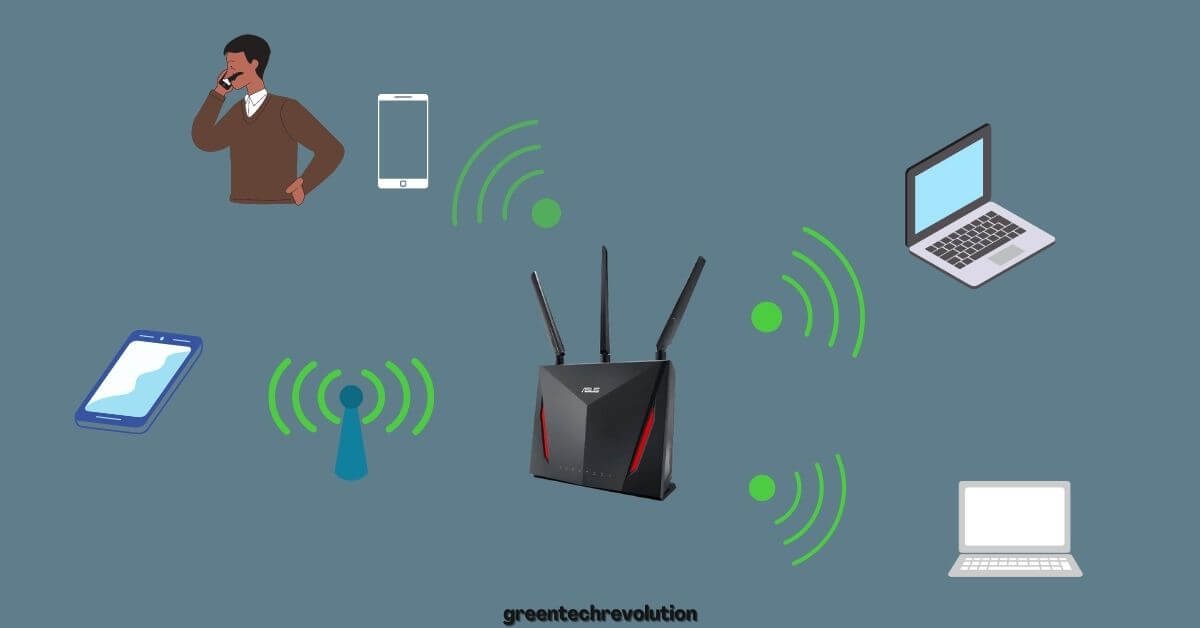


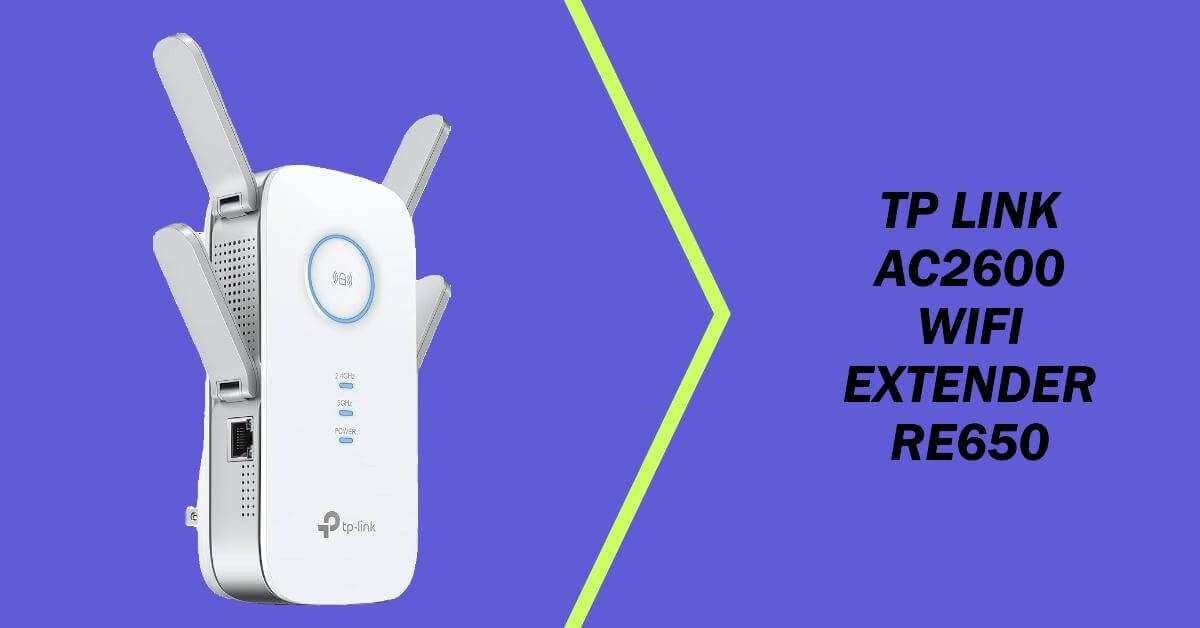
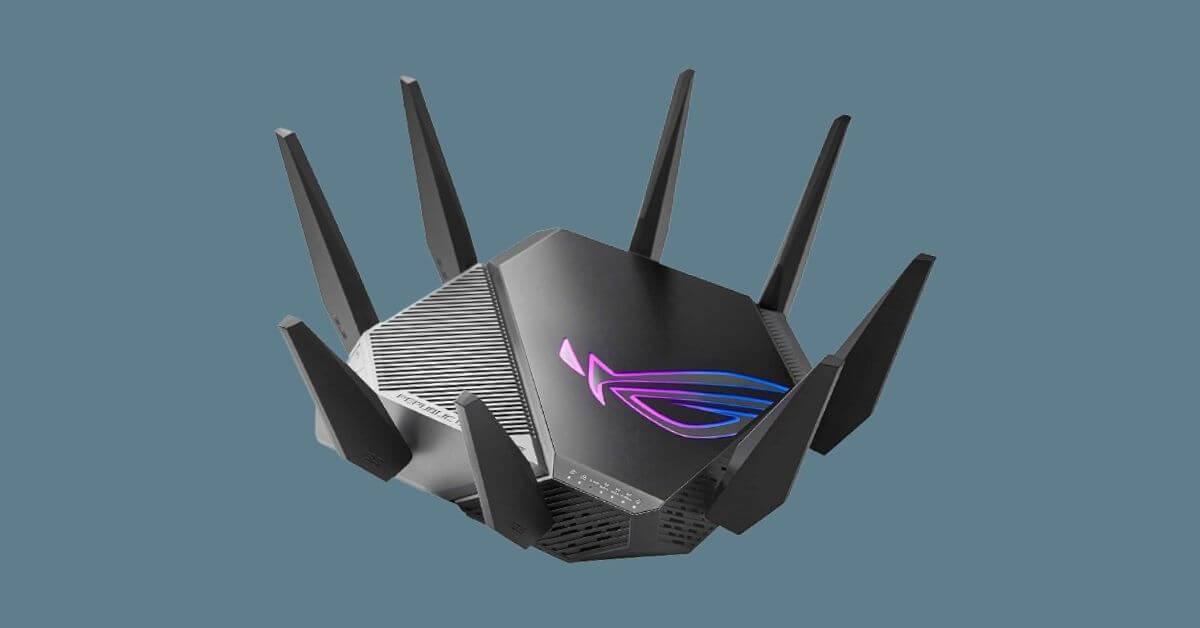
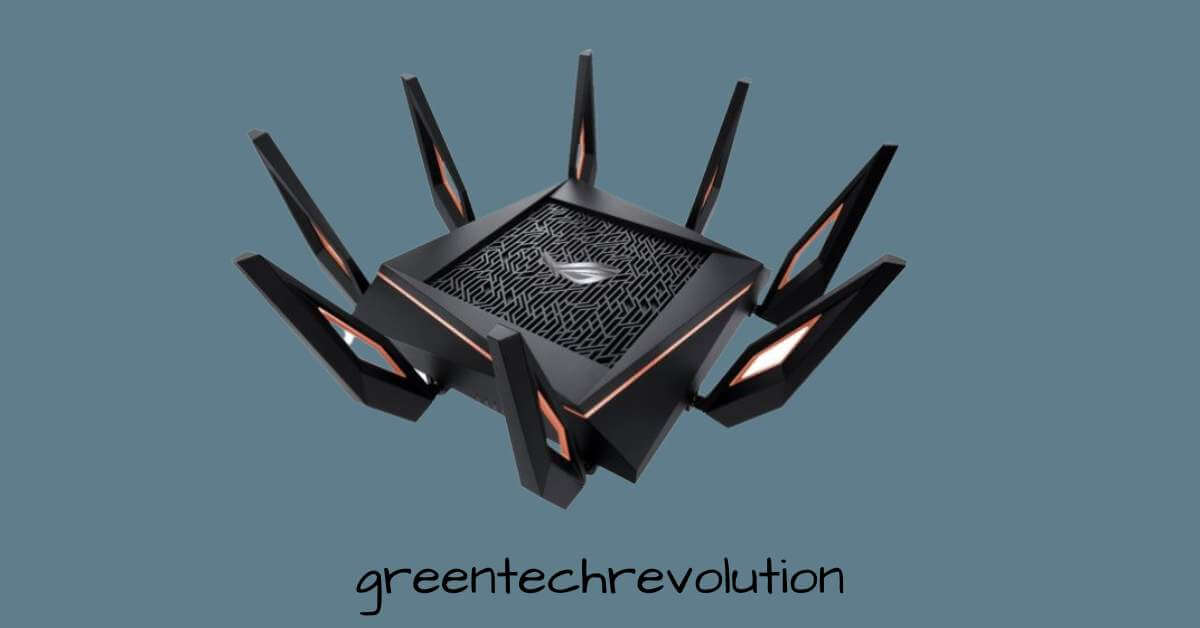
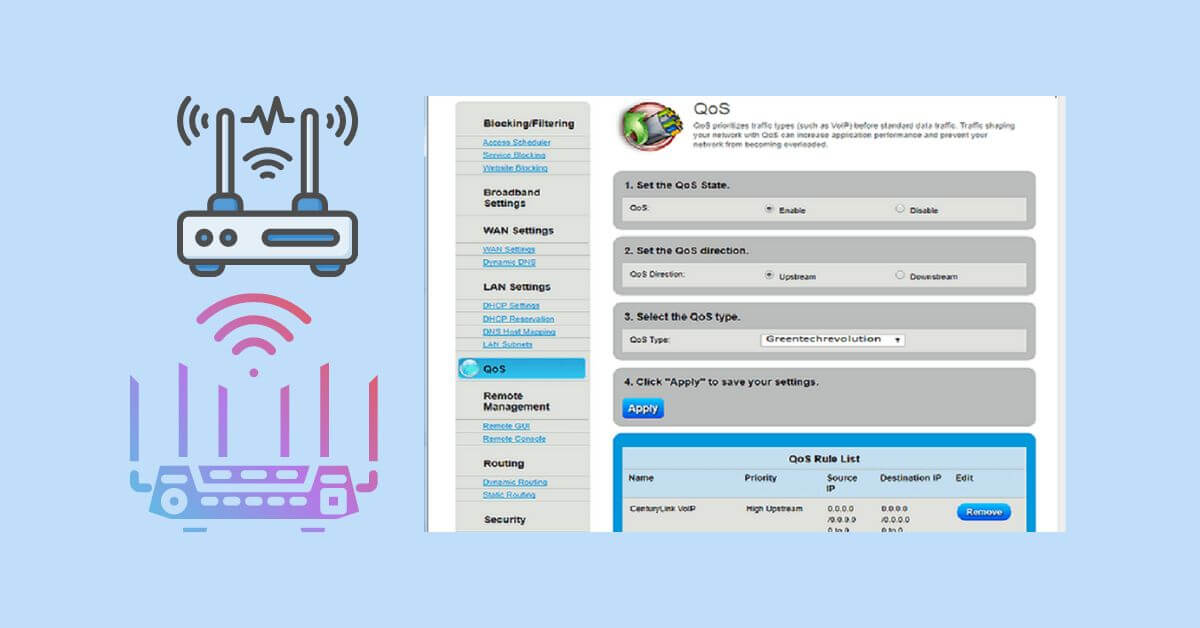
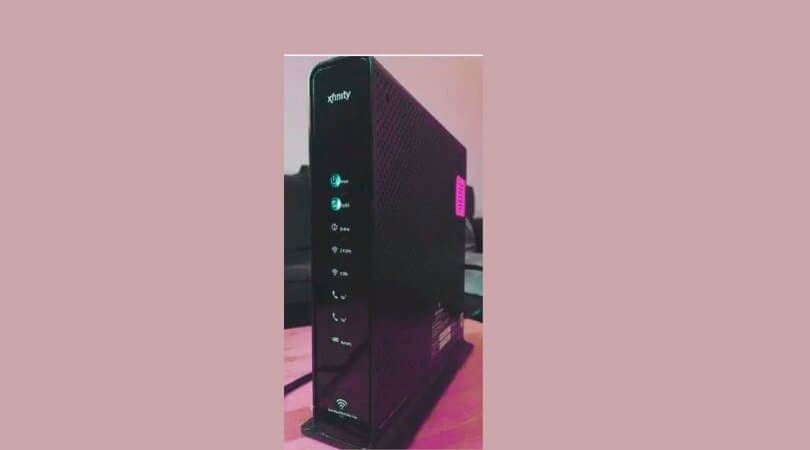
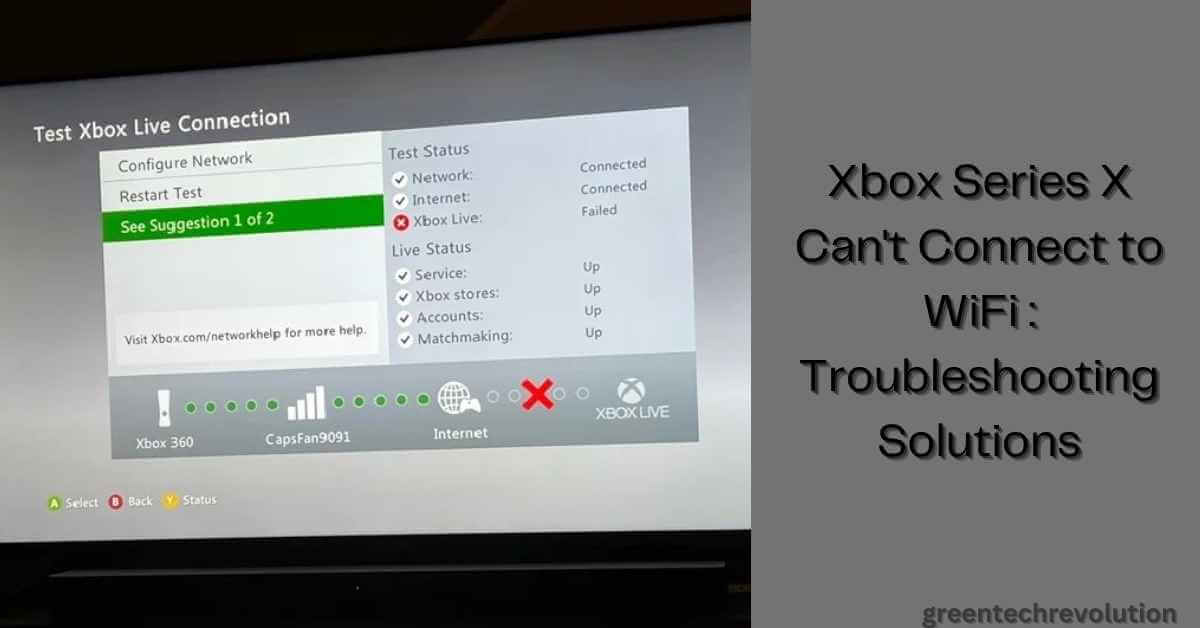
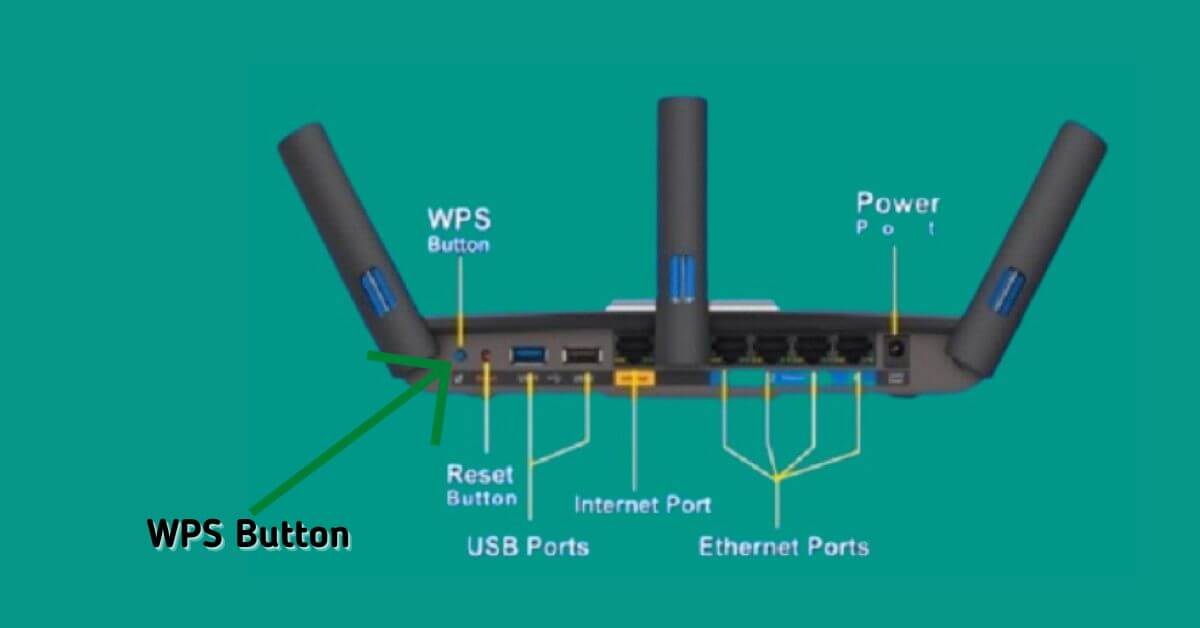
Leave a Reply
You must be logged in to post a comment.